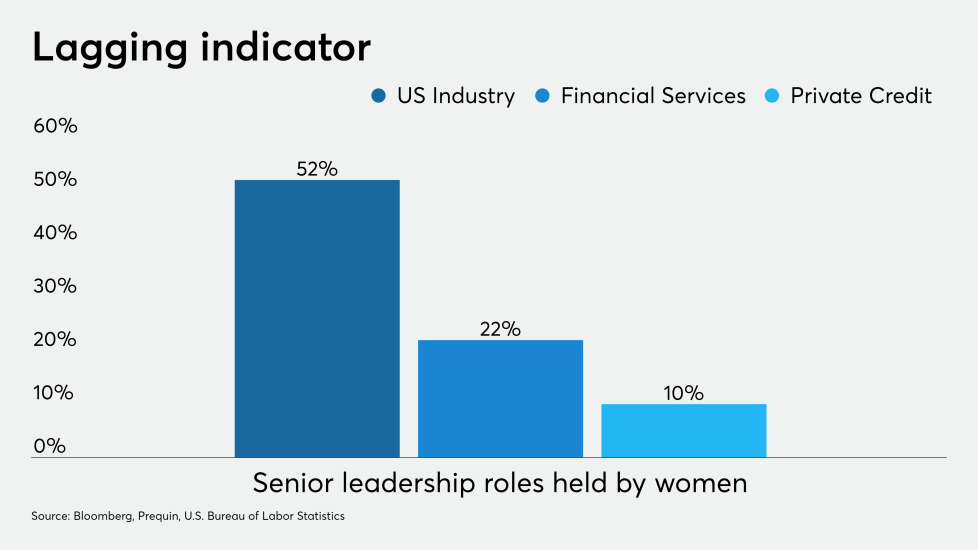Two of the four single-asset, single-borrower (SASB) commercial mortgage transactions launched or priced this month involve life sciences lab properties, which analysts believe are increasingly crucial (and ulstra-stable) CMBS pool assets because of long-term healthcare research needs that will be crucial for the world after COVID-19.
This week, ratings agencies published presale reports for a $410 million securitized loan for the newly constructed centerpiece of a planned biosciences campus in the Kendall Square submarket of Cambridge, Mass. A nine-story, 429,869-square foot LEED-certified office tower is the new home for Philips NV and Cerevel Therapeutics, LLC, which have long-term leases comprising 94.8% of net rentable area of the building at 222 Jacobs Street.
The building is the first component of a planned five-million square foot mixed-use development, known as Cambridge Crossing, that will include office and residential properties amid R&D lab buildings within a 43-acre site owned by real estate investor/operator Divco West.
COMM 2020-CX Mortgage Trust has preliminary AAA senior-note ratings from DBRS Morningstar and Moody's Investors Service.

Moody's also assigned its highest bond rating (Aaa) to VLS Commercial Mortgage Trust 2020-LAB, a $415 million large-loan CMBS transaction pricing Wednesday. The REMIC-structured deal is secured by the first-lien mortgage of two Class A lab-office towers totaling 710,792 square feet in the south San Francisco submarket. As of August, the buildings were 94.3% leased to 21 tenants with an average remaining lease terms of 7.3 years.
The deal is sponsored by Ventas Life Science & Healthcare Real Estate Fund, a real estate investment trust focused on life science, medical office and senior housing real estate assets in North America.
San Francisco and Boston are considered the two most "prominent clusters" for the life sciences industry which has "strong tailwinds" of increasing healthcare expenditures in prescription drugs and research and development, according to Moody's. R&D, for example, is expected to have a compound annual growth rate of 3.2% through 2026. Employment in the biotechnology sector has experienced "outsized" employment growth as well, growing at a CAGR of 8.2% between 2015 and 2020.
DBRS Morningstar, in its COMM 2020-CX report, also noted expectations for increased growth in healthcare spending, particularly in a "post-coronavirus world."
"With this rise in spending, much of which is already devoted to disease prevention, cancer treatments, and other chronic conditions, companies focused in these fields will continue to thrive."










